
The Final Stages of Cuban Socialism – A Criminal Mafia
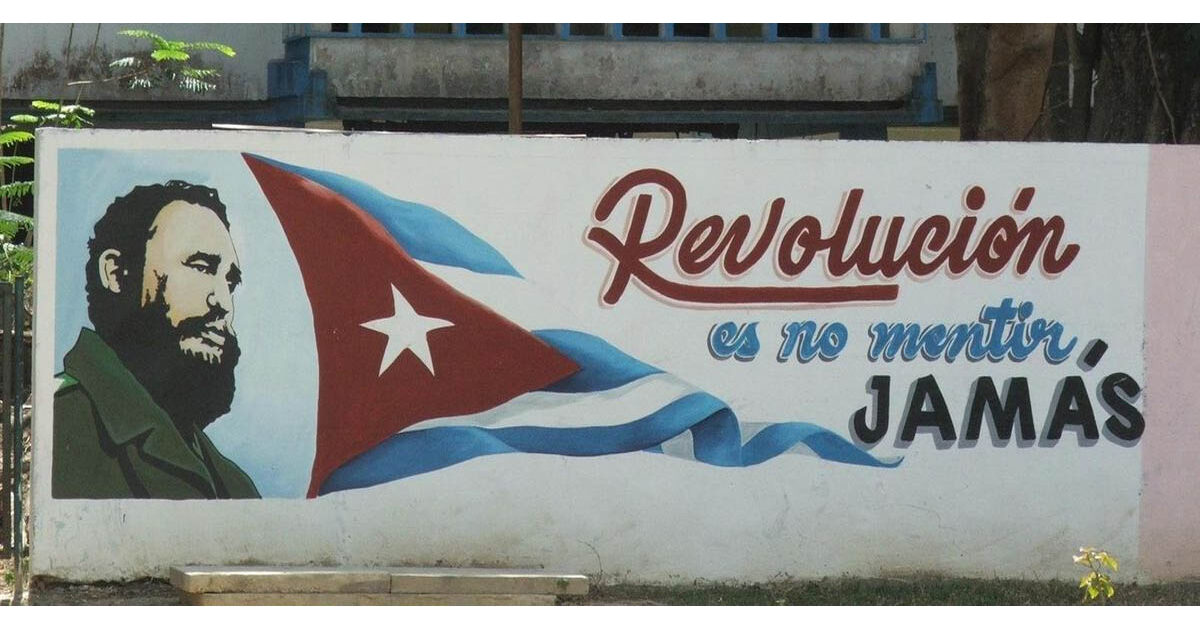
In the shadows of what was once a beacon of revolutionary fervor, Cuba now stands as a stark testament to the corrosive effects of power when it morphs into something darker, more sinister. The island, gripped by an economic crisis of epic proportions, teeters on the edge of ruin, its leadership entangled in a web of corruption so pervasive it more closely resembles the clandestine operations of a mafia than the workings of a government.
We have seen this many times. Notably after the breakup of the Soviet Union, the criminals who ran the extensive black market maneuvered themselves into positions of power, taking over the massive wealth of the state run companies after the state was unable to sustain them. Ukraine also sank into massive corruption, with the honor of being the most corrupt country in the world. Venezuela’s transformation into a socialist state was a mere facade as it morphed into a “narco-democracy” led by Hugo Chavez and now Nicolas Maduro. One could easily throw Albania and the former Yugoslavian states into the mix.
Socialism always fails, there have not been any exceptions. And when a government fails, the most powerful and ruthless of the remaining entities fills the vacuum. And of course, since socialism inevitably corrupts by developing a black market to fill the needs of the people, the criminal leaders are often there in the background waiting for their opportunity.
The streets of Cuba, once alive with the promise of socialism, are now the stage for a different kind of spectacle. Protests erupt with alarming regularity, the air thick with the desperation of a people brought to their knees by hunger and darkness. These are not mere expressions of discontent but a cry for survival from the depths of despair, as the Cuban populace grapples with the grim reality of life under a regime that has betrayed its ideals for the allure of power and wealth.
The economic abyss into which Cuba has fallen is characterized by a paradox that confounds the mind. On the surface, the nation is bankrupt, its coffers drained of the foreign currency essential for procuring the most basic of necessities. Yet, beneath this facade of penury, a river of wealth flows in the shadows, its source as perplexing as it is troubling. The arrest of Mirtza Ocana, caught smuggling a fortune from Havana to the United States, unveils the tip of an iceberg, hinting at a vast, underground network that funnels untold millions out of the country.
This network is not the operation of lone criminals but the lifeblood of Cuba’s ruling class, which has shed any pretense of communism for the trappings of a mafia. This transformation is not merely rhetorical; it is a palpable shift that sees the government and organized crime blend until indistinguishable. At its helm, figures like President Miguel Díaz-Canel are implicated, suggesting a collusion of political authority and illicit enterprise that casts a long shadow over the nation’s future.
Amid this darkness, the Cuban government’s attempts to staunch the economic hemorrhaging through austerity and piecemeal reforms come across as both desperate and futile. The introduction of private enterprises, ostensibly a move towards economic liberalization, is but a masquerade. In reality, these entities often serve as fronts for the elite, a means to launder the spoils of their corruption while the populace languishes in a state of dire need.
The revelations of the “Mafia of Cienfuegos” expose the depth of the rot, laying bare a network of corruption that ensnares officials at all levels, from provincial governors to the Prime Minister and the President themselves. This is a regime where governance and criminality blur into one, where the machinery of the state has been co-opted for personal gain, leaving the Cuban people as the collateral damage in a game of power and greed.
As the international community watches from the sidelines, Cuba’s descent into turmoil presents a stark choice. There exists the potential for intervention, to aid in the birth of a new Cuba from the ashes of its failed experiment. But intervention has failed in the past and in fact risks the potential of backing a weaker player and making enemies of the eventual winner. And yet a criminal takeover could lead to two generations of oppressive and totalitarian government. Some strategists would say to stay the hell out of it until a new government emerges.
The internet has emerged as a battleground, a space where the voiceless find their voice, where the narrative of the regime is challenged by the raw truth of those who suffer under its yoke. This digital uprising, a chorus of anger and defiance, represents a crack in the armor of the regime, a sign that the spirit of the Cuban people remains unbroken.
https://www.foxnews.com/opinion/cuba-terminal-stage-communism-mafia
https://www.bloomberg.com/opinion/articles/2024-03-19/communist-cuba-is-on-the-brink-of-collapse


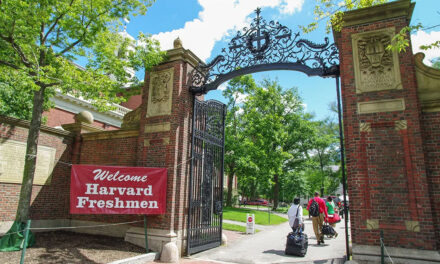



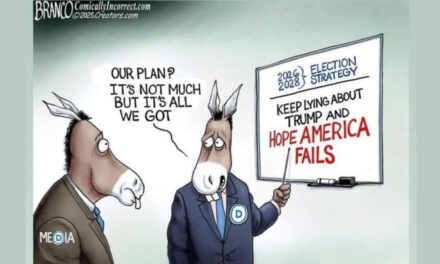





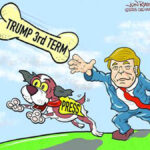












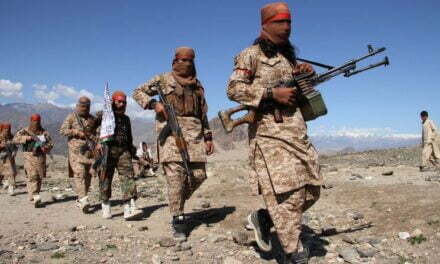
At last Larry has been heard from with "Leave a Reply". We know Larry is the author of the Reply…
Trump is probably the most fit President we have had in the White House for a President at any age.…
Cognitive and physical health. OMG. Elections have consequences. It’s proven that Trump is smarter than Frank Dunger. Any in agreement?…
He said, she said so who are we going to believe. Larry you cast a very dim light on the…
You asswipes aren’t good enough to give Trump a rim job. But speaking of Trump, he passed his physical examination…